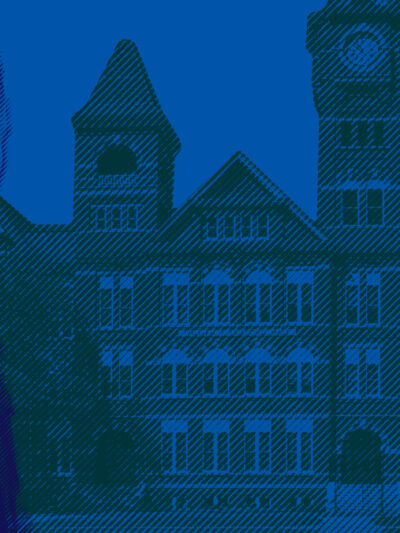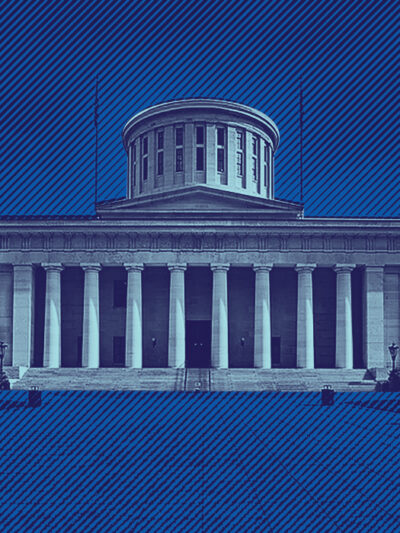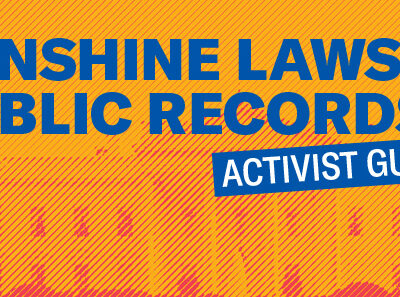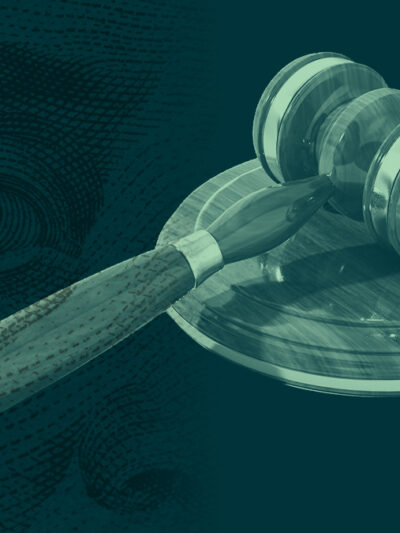News & Commentary
SROs and Cincinnati Public Schools: My Story of Harm Left Untreated
No one else should ever have to experience the feeling of shaking when you walk past cops in your very own school hallways, the automatic reaction of choking up at just the sight of the administrators that were supposed to protect you.
By Yousuf Munir

We’ve updated our Privacy Statement.
The ACLU cares deeply about data privacy and security, and your individual choice regarding the use of your personal information. As of April 1, 2021, we've updated our Online Privacy Statement.

House Bill 55 – Proponent testimony
House Bill 55 deals with allowing virtual testimony in the Ohio Statehouse.
By Gary Daniels

So You Want To Submit A Public Records Request...
Governments function best when they operate in the day light. Understanding and using Ohio’s Sunshine Laws are how Ohioans can best ensure that happens.
By Sabrina Harris

House Bill 22 – Opponent Testimony
HB 22 is a bill which criminalizes protest.
By Gary Daniels

Ohio Counties Need to Cut Ties with ICE
There are many reasons why Ohio counties should end their contracts now
By Sabrina Harris

Introducing Our Columbus Police Contract Negotiation Toolkit
Contract negotiations are complicated, hyper technical, and usually carried out privately without any public input.
By Claire Chevrier

Stay Informed
Sign up to be the first to hear about how to take action.
By completing this form, I agree to receive occasional emails per the terms of the ACLU’s privacy statement.
By completing this form, I agree to receive occasional emails per the terms of the ACLU’s privacy statement.

